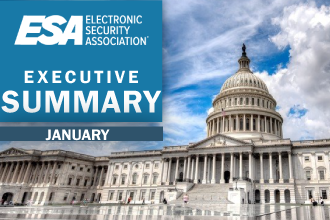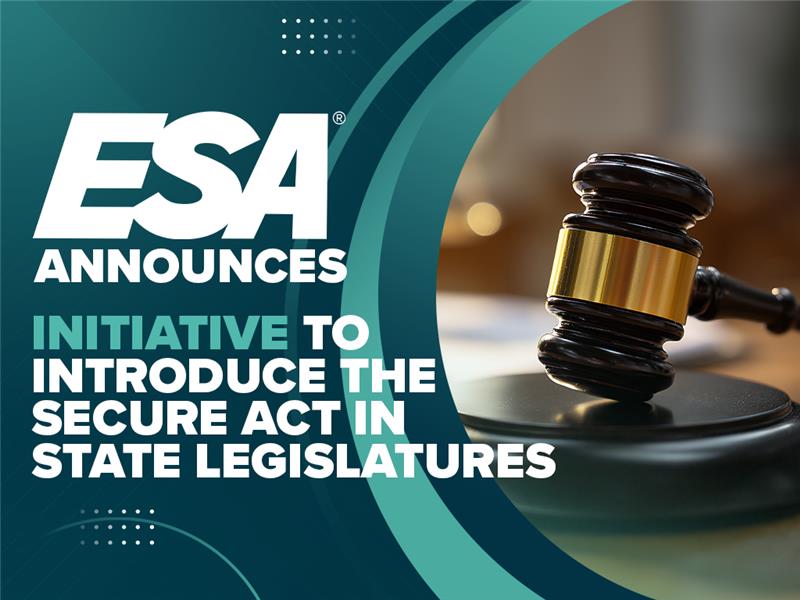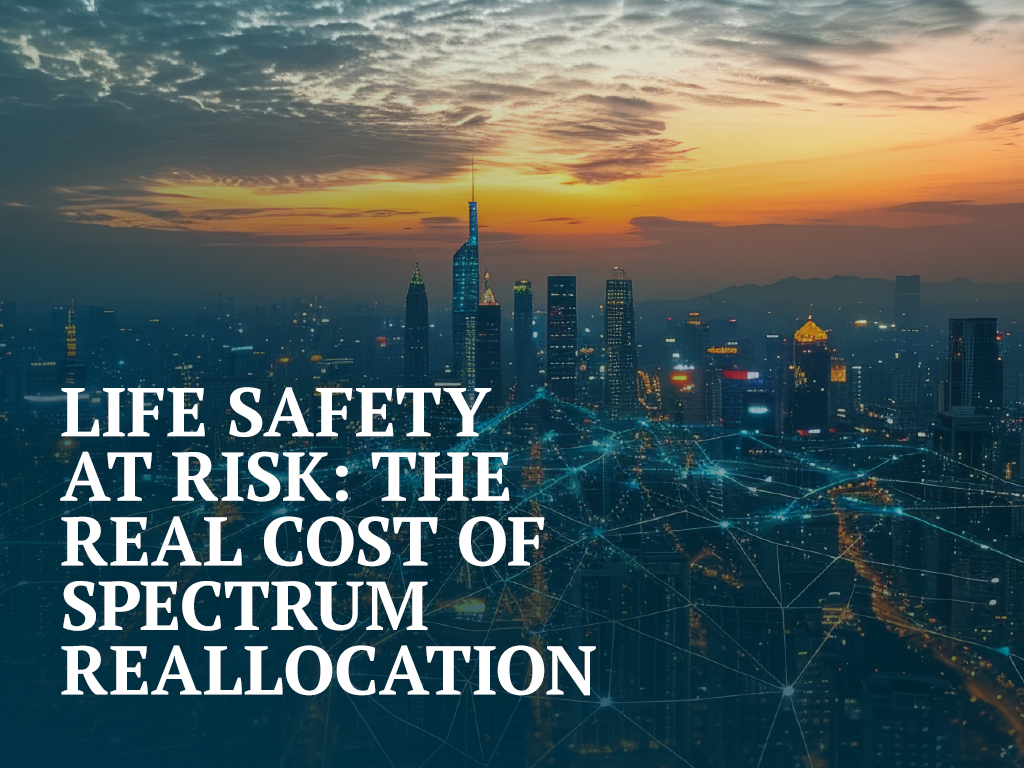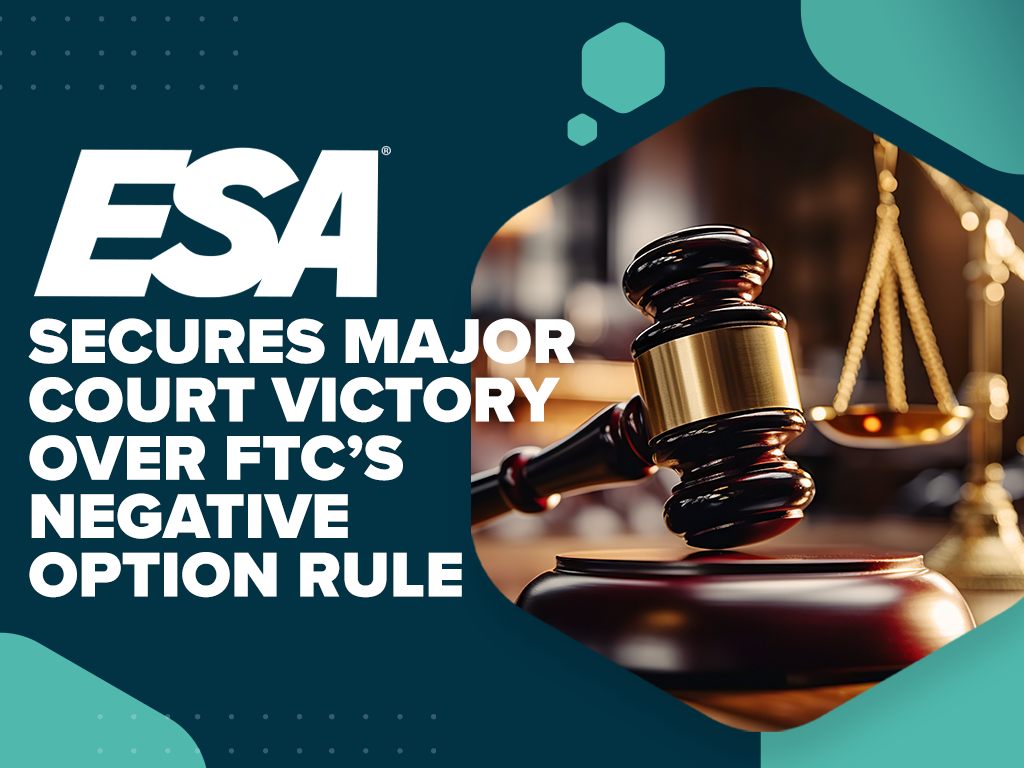January Executive Summary

Occupational licensing and other licensing issues continue to receive widespread support among the legislatures with 40 such bills included in this report, surpassing school security related bills, which saw 39 bills introduced or moving. Employment liability and benefit bills also continue to receive considerable attention across the country with 30 such bills included in this report. Occupational licensing and other licensing issues continue to receive widespread support among the legislatures with 40 such bills included in this report, surpassing school security related bills, which saw 39 bills introduced or moving. Employment liability and benefit bills also continue to receive considerable attention across the country with 30 such bills included in this report.
But, one of the most potentially damaging and job killing bills was New Jersey’s AB 3666, which will require all contractors (including alarm contractors) who engage in public works contracts to have all employees actively participating in or have completed a registered apprenticeship program, as defined by the US Department of Labor). This Act becomes effective after April 30, 2019. For many contractors with employees that are not typically trained through registered apprenticeship programs, this legislation could be devasting to their future business opportunities and threaten current contracts with local governments or the state. This bill was amended right before December holidays and despite the effort by The New Jersey Electronic Security Association (NJESA) to persuade the Governor of the damaging consequences this bill will have on all industries that have employees that could not possibly meet the requirements of this Act, the Governor signed the bill into law. NJESA is currently exploring its options and we will work closely with them on possible solutions.
One of the most potentially damaging and job killing bills was New Jersey’s AB 3666 ...
Other high priority bills that were introduced or moved in January include:
Iowa SF 70 would allow schools to barricade class doors up to 3 minutes in the event of unscheduled fire alarms to determine the cause of the activation, a violation of all relevant life and safety codes.
Iowa SF 73 authorizes revenue from the regular and voter-approved physical plant and equipment levies to be used for school safety and security equipment, including remote entry technology and equipment, security camera or monitoring systems, access control systems, emergency detection and alert equipment and other target hardening measures.
Indiana HB 1424 provides that the first $100 million reverted each fiscal year, or total reversions if less than $100 million, shall be transferred to the agency settlement fund and appropriates 25% of the amount transferred for the secured school safety grant program for physical school infrastructure safety related improvements.
Minnesota HF 521 would provide up to $500,000 grant per school to upgrade school security measures or toward security during construction of new schools. Total amount of appropriation is not articulated in the bill. MN SF 25 would authorize general obligation bonds to be used for PA systems, emergency communications devices and other equipment related to violence prevention and facility security.
North Dakota SB 2359 is another potentially damaging bill that creates the Power Limited Technician license. It would require future licensees to obtain 6,000 hours experience, not less than 3 years, training in power limited systems under the supervision of an electrician or power limited technician contractor prior to licensure, along with other requirements.
New Mexico SB 105 provides a comprehensive re-write of the Construction Industries Licensing Act, starting with the name, Construction Inspection and Licensing Act.
New Mexico SB 295/SB 297 would allow public school capital outlay fund to provide up to $10 million in each of fiscal years 2019 through 2022 for school security system project grants.
West Virginia HB 2697 would allow unlicensed companies, professionals and trades to provide their services to consumers if they make certain disclosures that they are not licensed. The disclosures required potentially leave door open for deceptive practices while abiding by the bill as filed.




